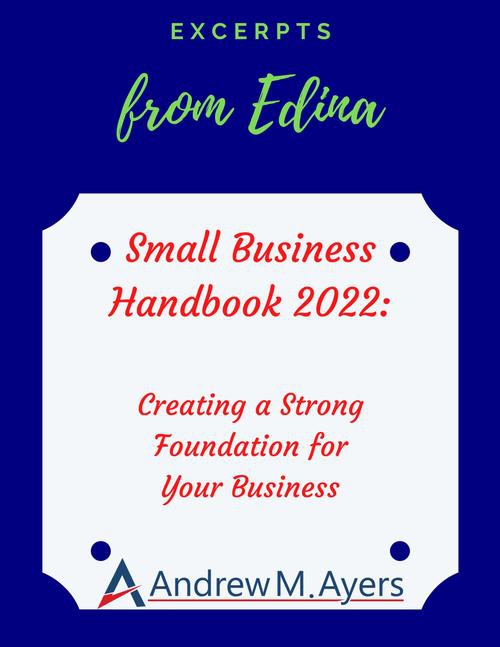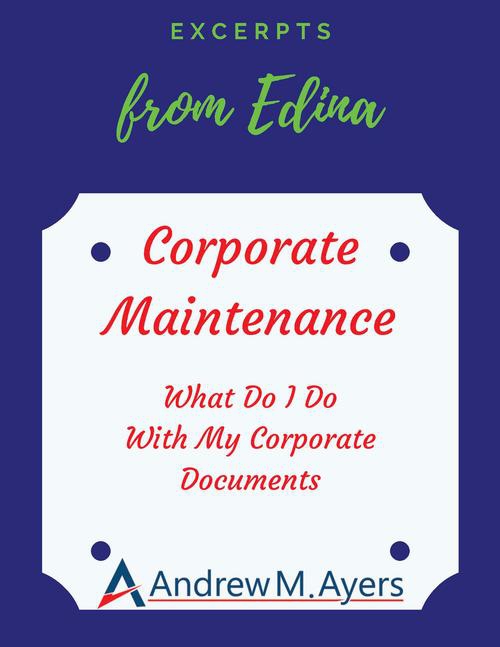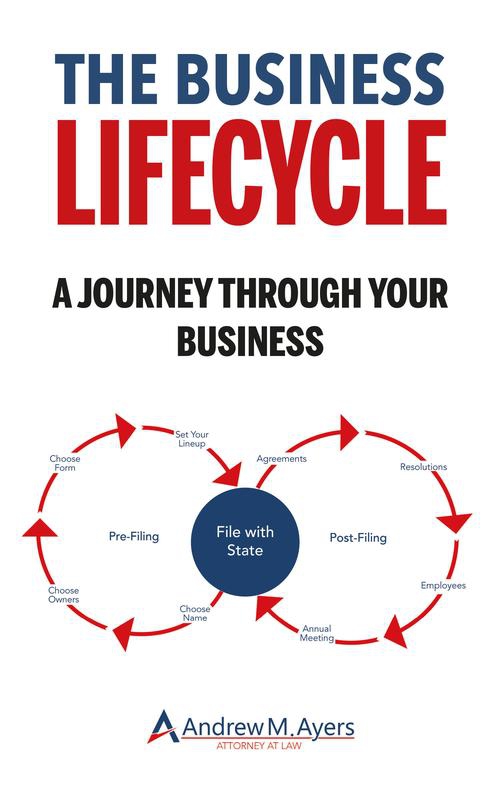 As 2023 draws to a close, I'm getting more questions about an increasingly relevant regulation - the Corporate Transparency Act (CTA). Established in 2021, its primary motive is to deter illegal activities, specifically money laundering and tax evasion, by amplifying transparency in corporate ownership.
As 2023 draws to a close, I'm getting more questions about an increasingly relevant regulation - the Corporate Transparency Act (CTA). Established in 2021, its primary motive is to deter illegal activities, specifically money laundering and tax evasion, by amplifying transparency in corporate ownership.
At first glance, a substantial proportion of the accounting community may have dismissed it as inconsequential. Yet, as the enforcement date of January 1, 2024, steadily approaches, there's a wave of realization washing over them. They're now sitting up and taking notice. The CTA - with its complex reporting requirements and broad operational impacts - isn't a regulation that businesses can sweep under the carpet. Organizations, big and small, will have to take a good, hard look at their business structure, ownership, and operations, making any necessary adjustments to comply.
Here's where there's an explicit need for you to reach out to your TEAM of professional service providers - accounting firms, tax professionals, and legal advisors. Their expertise is invaluable in clarifying doubts, helping clients understand their obligations, and guiding them to align with the new requirements. The time to act is now - don't wait for the regulation to be in full force as the SBA estimates that there are more than 27 million small businesses that may be affected by the CTA.
Here are some quick, FAQ-style questions that you may have:
Who Needs to File under the CTA?
The CTA applies to both foreign companies and domestic companies. These companies are created when you incorporate your company with your local state or when you've got a foreign company that registers to do business in a state. Some common types of businesses that are affected are:
- LLP's (Limited Liability Partnerships)
- Business Trusts
- Limited Partnerships
There are exemptions in the law for banks, governmental authorities and securities issuers, and there can be other exclusions as well. It's important to work with your professional advisors to determine if your business is effected.
What Needs to Be Disclosed under the CTA
The primary purpose of the CTA is to disclose who the "Beneficial Owner" of a business is. There are two categories of individuals who are treated as a Beneficial Owner:
- Exercises substantial control over the company; or
- Owns/controls at least 25% of the company.
For owners who fall into either of these categories, they must report to FinCEN:
- Name
- Date of Birth
- Address
- Unique Identifier Number (from your local jurisdiction and a copy of the document needs to be submitted as well)
These filings need to be done by the owner who has filed the documents that formed the company with the state or the individual who is in charge of filing the documents by someone else on their behalf. It's important to understand who is authorized to make these filings before they are completed.
When Do I Need to File under the CTA?
The CTA goes into effect on January 1, 2024. If your business is already incorporated, then you have 1 year to make your CTA filings. If you form your business after January 1, 2024, you've got 30 days from when you receive notice that your business has been formed (although there is a proposal pending to extend that time period to 90 days for businesses formed in 2024).
If you have changes to your beneficial ownership, you've got 30 days to file the updates with FinCEN.
Do I Need a Business Attorney?
Now is a good time to get up to date on your CTA requirements, so if you'd like to discuss them further, let's schedule a Legal Strategy Session online or by calling my Edina, Minnesota office at (612) 294-6982 or my New York City office at (646) 847-3560. My office will be happy to find a convenient time for us to have a phone call to review the best options and next steps for you and your business.





